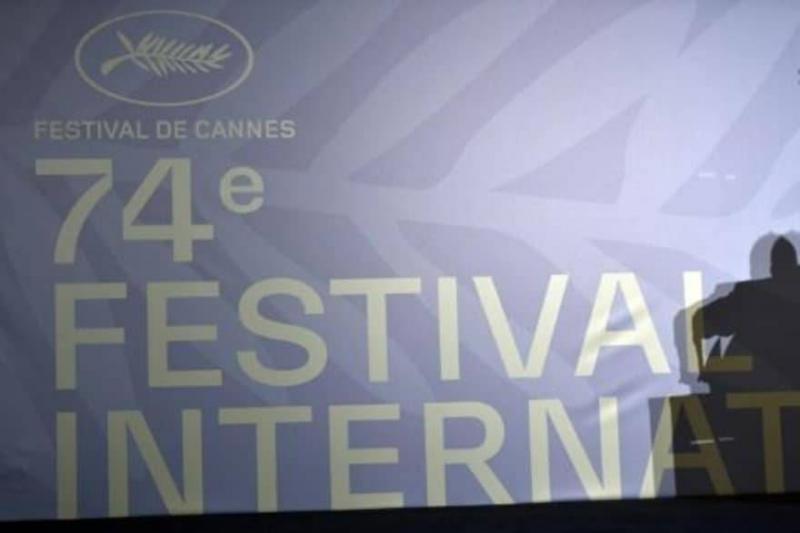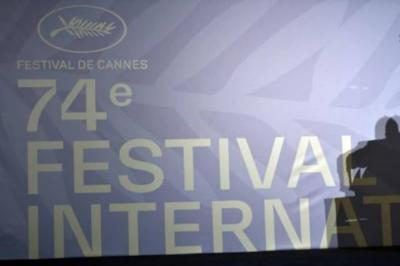The jury of the Cannes Film Festival will award the Golden Palm on Saturday evening, closing a session that kept its promise until the end: to celebrate the return of life to cinema halls despite the pandemic and to reunite the global film family. There is great anticipation to see which work will succeed South Korean Bong Joon-ho's "Parasite," the prestigious award winner in 2019 before the outbreak of the coronavirus. This year, no work has clearly emerged as the frontrunner for victory at the end of the official competition, which featured 24 films.
The answer to this question is in the hands of the jury, chaired by director Spike Lee, the first Black American artist to hold this position, which includes a diverse range of personalities, including Brazilian filmmaker Kleber Mendonça Filho and singer Mylène Farmer. The jury members will hold closed meetings in a villa in Cannes, located in southeastern France, to finalize the results.
Spike Lee explained in the early days of the festival, "Everyone has a different opinion" within the jury. He stated, "I promised the jury members that I would not be a dictator, but I would be democratic... but that will remain within certain limits; if the jury ends up split four to four, I will make the decision! That will be amusing."
Among the standout films at the festival is "Drive My Car" by Japanese director Ryusuke Hamaguchi, which is a favorite among global press. This aesthetically high-minded film, adapted from a short story by Haruki Murakami, revolves around two characters haunted by their pasts.
Other distinguished works include "Annette," a rock opera by director Leos Carax, which caused a stir since its premiere at the festival, while many took note of "The Worst Person in the World," a feminist film by Norwegian Joachim Trier. The jury might also take the opportunity to reward a woman for the second time in the festival's history, 28 years after Jane Campion's "The Piano," and grant the Golden Palm to the youngest competitor, Julia Ducournau, for her dark film this year, "Titane," which did not receive widespread acclaim from critics but left an impact on those who watched it.
A Feminist Turn
Awarding the Golden Palm to Russian Kirill Serebrennikov, who is opposed to Moscow and barred from leaving his country after a legal conviction, or to Israeli director Nadav Lapid, known for his critiques of his country's policies, would send a powerful political message.
Among the filmmakers who previously won the Golden Palm and are trying to join the exclusive club of directors who have won the award twice, comprising only nine individuals, only Apichatpong Weerasethakul has convinced some critics with his film. However, the latest works by Nanni Moretti and Jacques Audiard did not receive much praise from audiences.
More broadly, the Cannes festival this year has succeeded in implementing changes that have garnered acclaim from various circles: despite only four female directors in competition, a notable feminist trend was observed during the film event. Climate issues have also taken a more significant place than ever, with a special set of films about the environment, including Aïssa Maïga's film showcasing her family's history titled "Walking on Water," which addresses the issue of access to this vital resource. The topic remains significant for the festival, which still has a long way to go in reducing its environmental footprint.
Saturday evening will also be an occasion to grant an honorary Palm to Italian director Marco Bellocchio, who presented a deeply personal documentary titled "Marx Can Wait," after five decades of committed work in which he has not hesitated to criticize military and religious institutions.
Following the award presentation, the Cannes festival will conclude with the screening of one of the most anticipated French films of the year, "OSS 117: Red Alert in Black Africa," directed by Nicolas Bedos and featuring Jean Dujardin, Pierre Niney, and Fatou Ndiaye.




